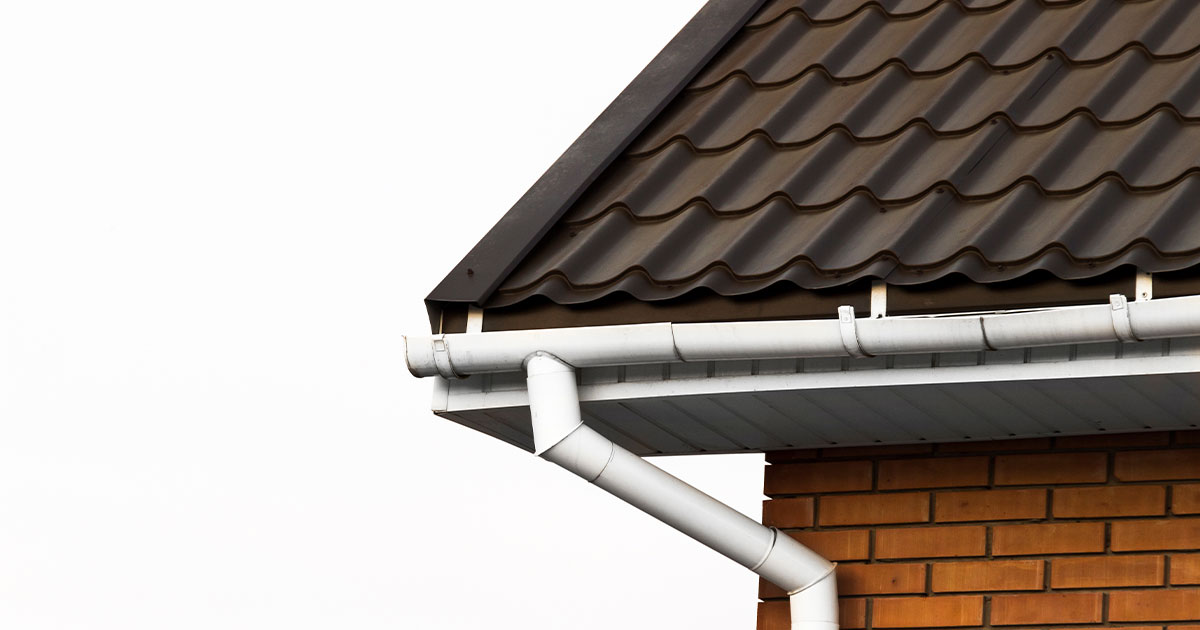By Edward M. Taylor, Esq.
Picture this: A condominium building experiences water leaks from a rooftop and drainage system in need of repair.
The Board of Managers takes steps to address the issue by hiring a contractor and commencing repairs, but the Board runs out of funding for the project prior to completion and the work is halted midstream. The Board then struggles with the best way to gather sufficient funds and the project languishes. In the meantime, unit owners continue to suffer from water leaks in their apartments.
This situation is not terribly unusual.
Community Association boards often face circumstances where the money required to perform needed repairs is not in the budget and boards are loathe to impose a special assessment or obtain a loan. If a reserve fund is maintained, it is often insufficient to pay for the work or the Board is reluctant to deplete the account.
This was the predicament facing the Board of a “luxury boutique condominium” (from StreetEasy, not me). Ultimately, the Board’s inaction was its undoing. Several suffering unit owners sued the Board for its failure to rectify the leaks in a timely fashion. The Court, fairly promptly, granted the unit owners’ application for a Temporary Receiver and appointed a property manager, unaffiliated with the building, with authority to “repair and restore the Condominium’s rooftop, drainage system, and other common elements as necessary to cure and abate the water infiltration…”¹
The Temporary Receiver was empowered to “exercise all powers and authority granted to the Condominium’s Board of Managers” by the Condominium Declaration, By-Laws and NYS law, including the ability to levy special assessments and/or obtain financing, as may be necessary to complete the project.
The lesson for community association boards is clear. While performing the board’s duties may not always be easy or cheap, those duties must nonetheless be performed, and in a timely manner. Failure to do so, especially when damage to the building or individual units results, risks a similar outcome as described above.
The appointment of a Temporary Receiver will almost certainly result in the repair project costing the Condominium substantially more than if such an appointment had been avoided.
The project will probably also be further delayed as the Temporary Receiver will first need to become acquainted with the building and the details of the project and will then need to obtain the required funds and locate appropriate contractors. The added costs and delays could have been avoided had the Board addressed the needed repairs on a more expedited schedule.
In general, Boards have the right, and indeed the obligation, to act in a rational and reasoned manner when governing the community. This may, at times, require taking time to research an issue and available options. However, this decision-making process must be compatible with the particular circumstances at hand. A leaking building will usually require a Board to act sooner rather than later. In such a scenario, the Board, by dragging its feet, will be performing a disservice to the community that may not be tolerated by irate unit owners or the courts.
1. Calderoni v. 260 Park Ave. S. Condo, 2022 N.Y. Slip Op. 32851


